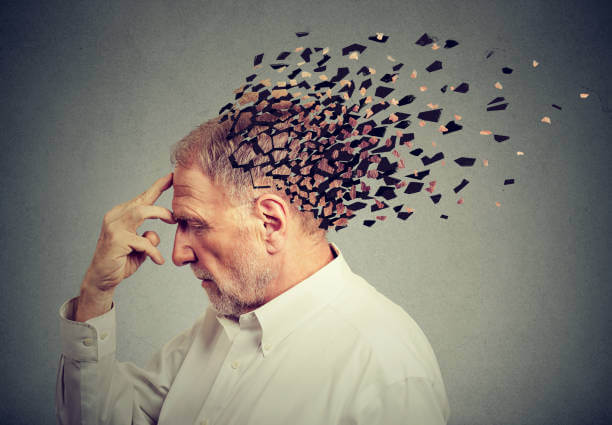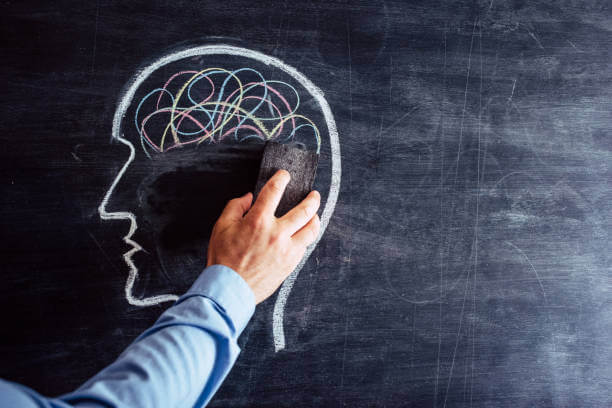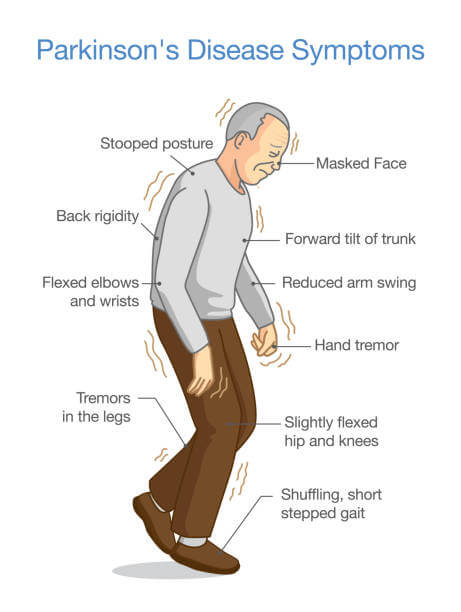

Neurological Disorders: Insights and Challenges
By: Sukhada, Diamond
Published On: April 18, 2022
When we take a walk down memory lane, we come across some good as well as some bad memories. What would happen if we did not have a memory at all? What if someone fails to recall all of those memories, or even basic things like how to eat, where to go, what to do, etc? How would their life change because of it?
What is Dementia?
Dementia results from a variety of diseases and injuries that primarily or secondarily affect the brain. The World Health Organization (WHO) claims it to be the seventh leading cause of death among all diseases worldwide. The patients often have to rely on caregivers for coping with memory-related impairments, disorientation, executive impairments that lessen the patient’s ability to manage finances or medications, and difficulty executing complex coordinated movements.

Stages of Dementia:
This condition usually occurs in three different stages:
Early Stage: This stage is also called the mild stage. As this is an initial stage, the following symptoms occur but aren’t quite obvious:
Forgetfulness or,
losing track of the time or even
becoming lost in familiar places.
Middle Stage: This is the moderate stage and here the symptoms become even clearer. The symptoms include:
forgetting recent events and names,
becoming confused while at home,
difficulty with communication,
needing help with personal care,
behavior changes, including wandering and repeated questioning.
Late stage: Often called the severe stage, this stage is the most critical of all. Below are its symptoms:
becoming unaware of time and place,
difficulty recognizing relatives and friends,
an increasing need for assistance,
having difficulty walking,
behavior changes that may escalate and include aggression.
Dementia impacts not only the patient but also the patient’s family, friends and society. Also, paying for the treatments isn’t easy for everyone. But thanks to medical crowdfunding. There are free fundraising sites for individuals where they can fundraise for their medical bills.
There is often a stigma around this condition due to a lack of awareness and understanding. According to the World Health Organization, Alzheimer's disease is the most common form of dementia and may contribute to 60-70% of cases.
Alzheimer’s Disease
According to the National Institute on Aging, Alzheimer’s is a brain disorder that slowly destroys memory and thinking skills and, eventually, the ability to carry out the simplest tasks.

Some facts about Alzheimer’s disease:
The most common early symptom of Alzheimer's is difficulty remembering newly learned information.
The majority of people with Alzheimer's are 65 years old and older.
Alzheimer's is a progressive disease in which dementia worsens over time.
On average, a person with Alzheimer's lives 4 to 8 years after diagnosis but can live as long as 20 years.
Currently, Alzheimer’s has no cure but some treatments may help with the regression of the disease.
Read: World Alzheimer’s Day 2024: Understanding The Many Faces Of Alzheimer’s
Parkinson’s Disease
Parkinson's disease is a brain disorder that leads to shaking, stiffness, and difficulty with walking, balance, and coordination. Here’s what you should know about Parkinson’s disease:
According to the National Institute of Aging, Parkinson’s disease affects about 50% more men than women.
Most people with Parkinson’s first develop the disease at about age 60.
It can lead to problems such as depression, hallucinations, and dementia.
The disease cannot be completely cured but medication and surgical treatment can help decrease the symptoms.

Photo credits: istockphoto.com
The primary therapy for Parkinson’s disease is levodopa a.k.a. L-dopa. A healthy diet along with exercises for muscle-strengthening and improving balance can together contribute to reducing the symptoms of the disease.





 Information
Information Alert
Alert